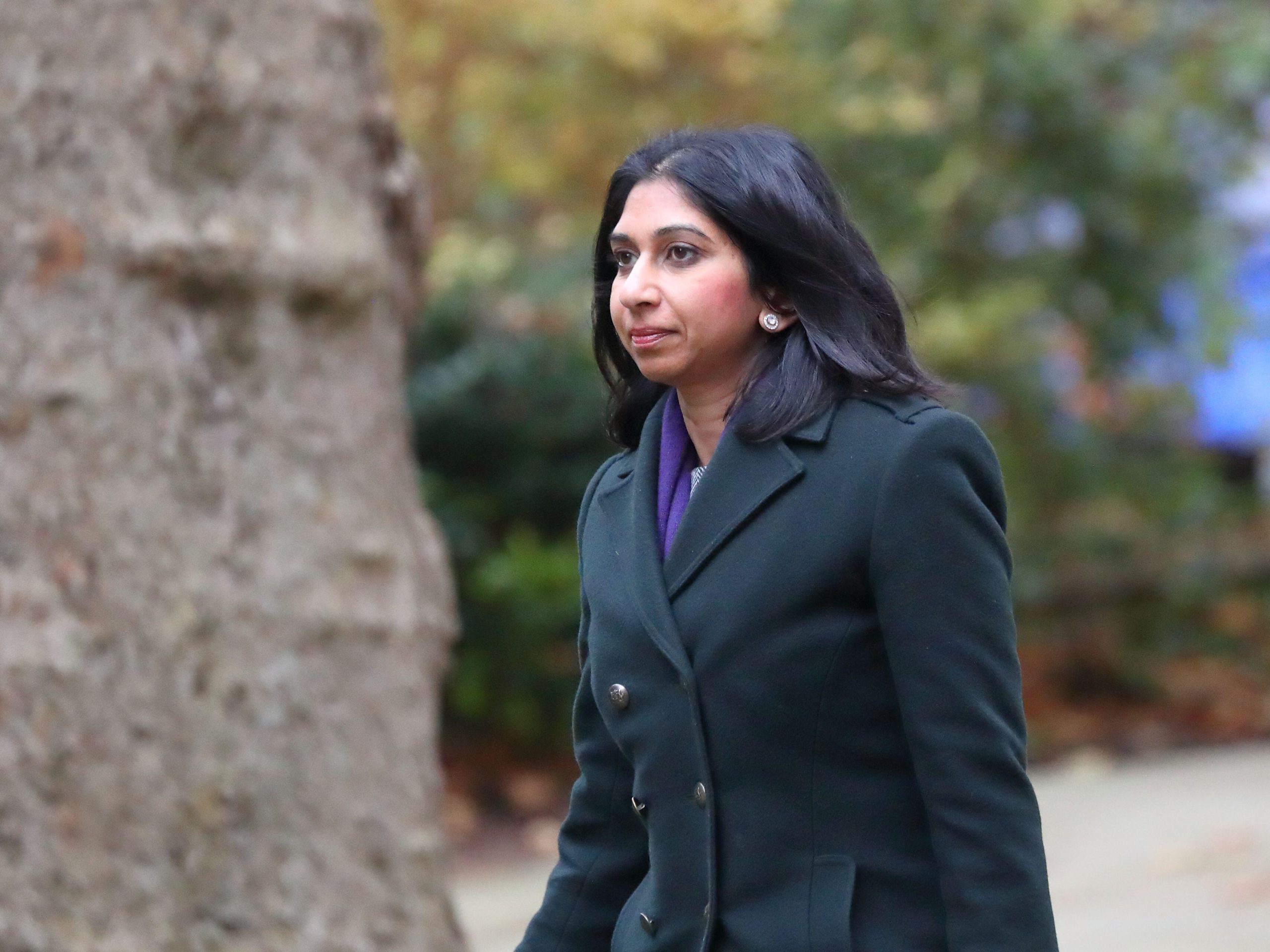Imagine a country where the authorities target investigative journalists as spies, and outlaw news and campaigning organisations that receive foreign funding. At Index on Censorship, we have been writing about such countries since the darkest days of the Cold War.
Now, a coalition of organisations promoting free expression and the rights of journalists is raising serious concerns about sweeping measures contained in new legislation here in the UK.
openDemocracy – alongside the National Union of Journalists, Reporters Without Borders and Index on Censorship itself – has asked for an urgent meeting with security minister Tom Tugendhat to discuss our joint submission to the parliamentary committee scrutinising the new National Security Bill. (The bill is currently at report stage in the House of Commons, due to go to the House of Lords next.)
An unusual bout of consensus appears to have broken out in Westminster over this particular piece of new legislation. In part, this is due to the British government’s tactical retreat from a full-scale overhaul of the 1989 Official Secrets Act – which would have caused concern for libertarians on the government benches.
The importance of national security in a time of global instability is something we can all understand. And a toughening of measures to crack down on bad foreign actors is relatively easy to sell.
But it is wise to be vigilant when parliamentary consensus occurs – especially when citizens are being asked to trade personal freedoms in exchange for promises of greater security. Civil liberties risk being squeezed between a government desperate to show its toughness in the face of presidents Putin and Xi and an opposition keen to burnish its security credentials.
The new legislation is designed to address serious new threats that have only emerged since the start of the 21st century. There is no question that the growth of the internet has posed challenges to UK security. This, combined with the direct hostility of Russia and the growing geopolitical significance of China, has led to concern in Whitehall about the suitability of existing legislation.
The Home Office claims that the new bill “completely overhauls and updates our outdated espionage laws” – a bold assertion. It also promises a “range of new and modernised offences, with updated investigative powers and capabilities”. These, it says, will “ensure those on the front line of our defence will be able to do even more to counter state threats”.
Such language is designed to instil maximum reassurance in the face of a terrifying and unspecified threat from a hostile foreign government.
But where are the limits to such legislation?
Public interest defence
Our coalition has identified several areas of concern, but chief among them is the chilling effect the new legislation will have on the practice of investigative journalism. The absence of meaningful free-expression protections means that whistleblowers in government will be further deterred from disclosing official wrongdoing.
The new legislation makes it clear that those in receipt of information or documents deemed to benefit foreign powers will face the most severe penalties – up to a maximum of life imprisonment. Although ministers gave assurances under questioning that these measures are not designed to target journalists, such protections are not written into the legislation. The decision to prosecute would ultimately lie with the attorney general of the day.
In the face of such sweeping measures, we are demanding the introduction of a public interest defence to increase protections for those exposing genuine wrongdoing in the sphere of national security.
Fundamental to the concerns of our coalition are the so-called “foreign power conditions” woven throughout the new legislation. Our fear is that the measures are so broadly drawn that journalists and free-speech organisations could be swept up in a future crackdown.
The scope of the National Security Bill as presently drafted is so vast that any organisation receiving foreign funding – including foreign news services – could be caught up by it.
Democracy depends on vibrant and critical journalism. The UK government should resist the desire to sacrifice media freedom on the altar of national security.
This piece first appeared on OpenDemocracy.






